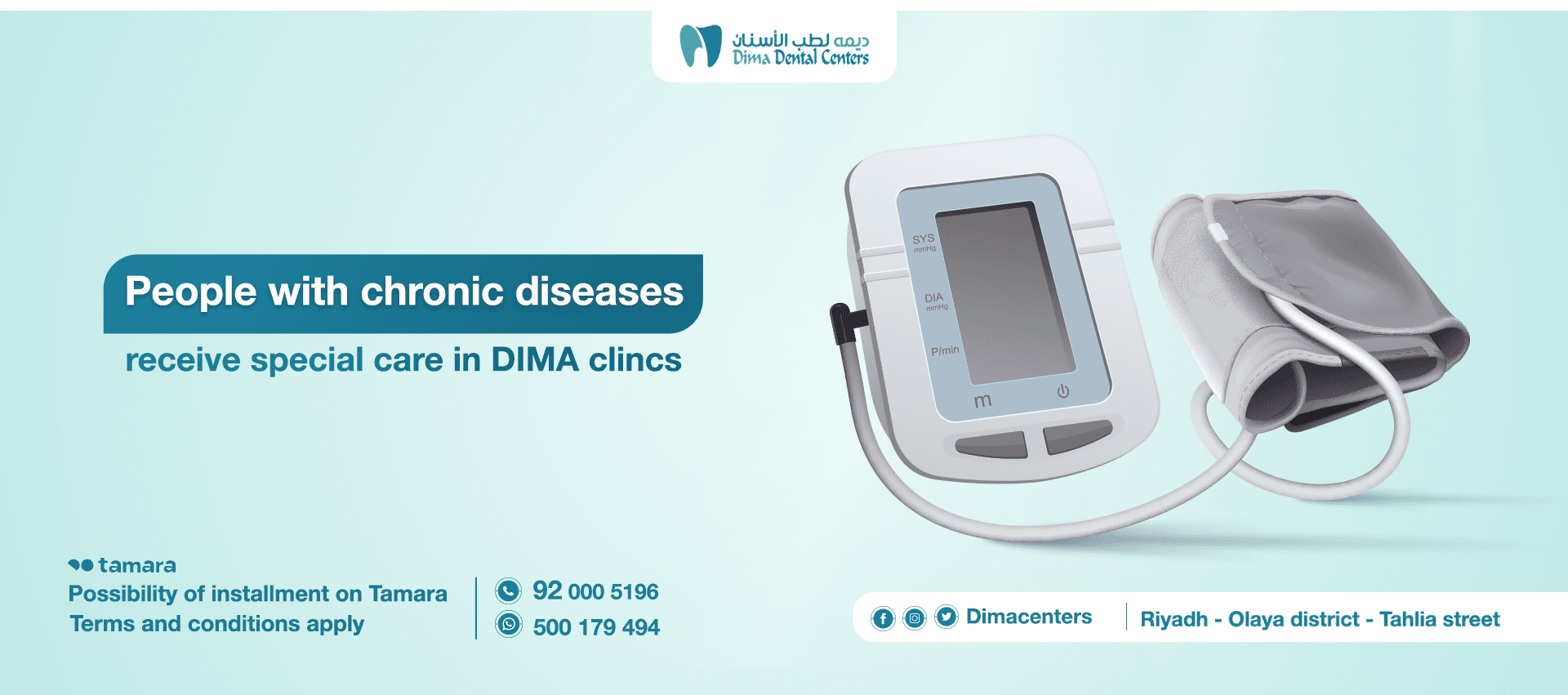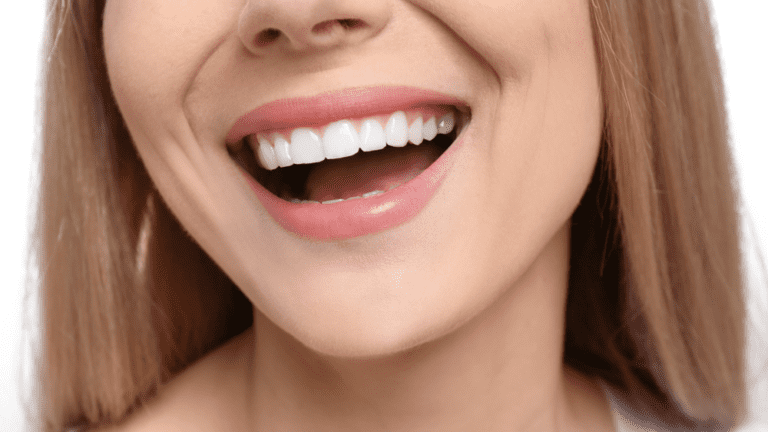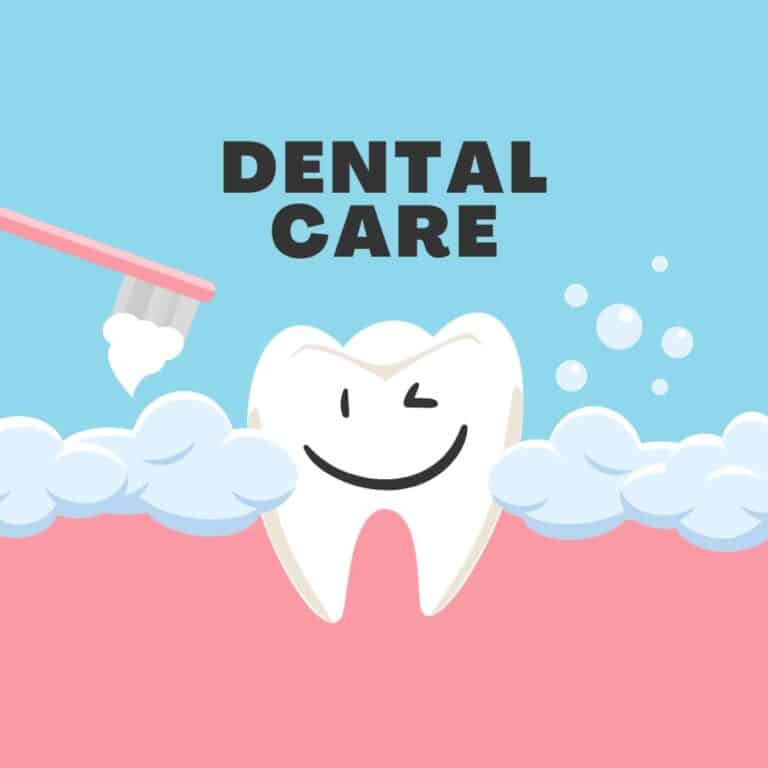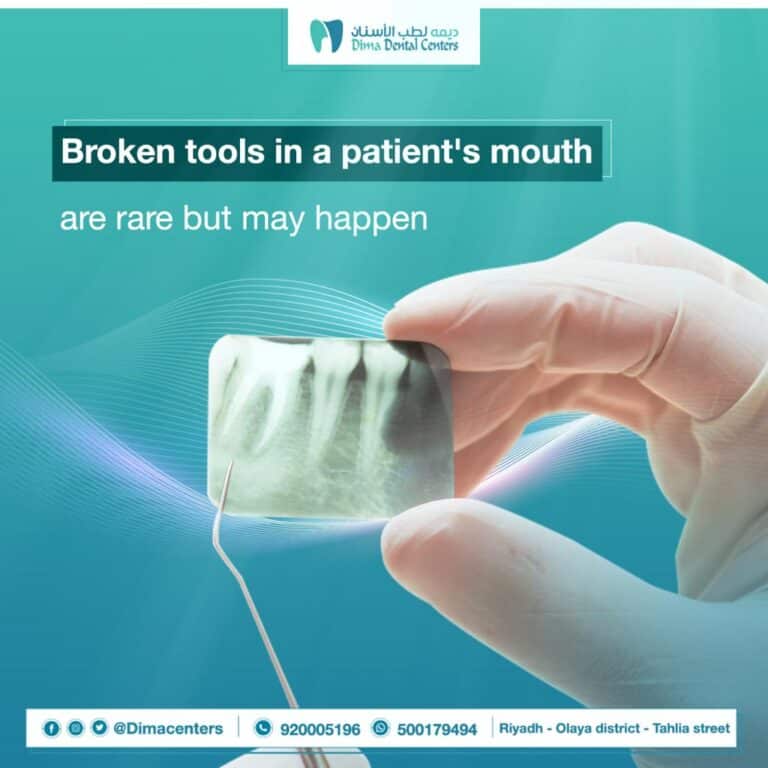How to deal with chronic disease cases in dental clinics

Some chronic diseases such as diabetes are linked to oral diseases. There is a two-way relationship between diabetes and periodontal disease (disease of the periodontal tissues of the teeth: gums and bones) Where Diabetics have more oral health problems than the general population and have a higher rate of early tooth loss. The relationship between chronic diseases and oral diseases is not only a medical cause but also a social one, Where Chronic diseases are more prevalent in underserved populations due to unhealthy behaviors and potential financial difficulties in accessing care, these elements contribute to a reduced control over the emergence and development of the disease and the expression of its risk factors.
Chronic diseases related to dental health
Research and medical reports have linked poor oral health to heart disease, cancer, and other physical problems, which is why there has been an increased interest in dental and gum health in recent years., Research has revealed a link between gums and chronic diseases, which are:
- Diabetes: Don’t put off regular dental checkups because of the association between caries and diabetes, don’t ignore any degree of caries and turn to pain relievers because the harmful effects of late treatment extend beyond the mouth.
- cancer: Poor oral health can increase the risk of lung, colon and pancreatic cancer, while severe periodontitis has been shown to increase the risk of colon tumors by 80%.
- colon: High levels of inflammation caused by gum problems can affect gut health and lead to colon infections.
- the heart: The layer of plaque that accumulates between the teeth is the entrance to the bacteria that causes myocarditis.
Relationship between chronic diseases and dental pain
- Poor dental hygiene leads to disturbances in the human body. Conversely, health problems can affect your teeth.
- dental problems related to a bad diet, for example, a deficiency (in vitamins, calcium, etc.) can lead to diseases. Moreover, it is well known that sugar is the number one enemy of our teeth.
- Due to the high levels of sugar in the blood, diabetics are advised to have good dental hygiene.
- In fact, if diabetes is not well regulated, one can notice an attack in the gums, and consequently loosening of the teeth or movement of the teeth.
What are the other factors that cause tooth erosion?
Some people suffer from gastroesophageal reflux disease. As a result, the acid that rises nibs the enamel of the teeth, which automatically becomes more sensitive. Bruxism, which consists of abnormal grinding of the teeth, also causes dental erosion.
What about cardiovascular disease?
When there is an infection in the tooth, there may be a risk of bacteria spreading throughout the human body. Know that a hundred years ago, you could have died of sepsis.
Doctors systematically ask patients with abnormal heart function, such as a heart murmur, to check that they do not have a dental infection. In these subjects, dental care is carried out under antibiotic treatment, including simple exfoliation.
What are the other relationships between teeth and health status?
In addition to the risks of preterm birth for women with poor dental hygiene, there are also important links between dental problems and joint problems. Often, athletes come to a consultant for a general check-up, because dental problems can have repercussions on the joints. Moreover, when a person complains of joint problems, it is recommended to take a panoramic photo to check that everything is in order with the teeth. Finally, before an operation is performed on a person to place a hip or knee joint, orthopedic surgeons systematically prescribe a dental examination. If there is an injury to the tooth, they cannot continue the procedure. The source of the infection must first be resolved.
The link between gum disease and chronic disease
Until recently, oral health seemed completely separate from the patient’s general health as if the mouth was not an integral part of the human body. Little by little things are starting to change, especially with recommendations for managing patients with heart conditions or pre-interventional checkups by orthopedic surgeons. For the first time, the special management of diabetes patients in the latest agreement signed between health insurance and dental surgeons shows the beginning of awareness.
However, it is clear that good oral health is a prerequisite for good general health. Several studies show a systemic association between gum disease and diabetes or cardiovascular disease, but also respiratory disease, obstetric conditions, rheumatoid arthritis, osteoporosis, obesity, kidney disease and even metabolic syndrome, and (chronic inflammatory bowel disease – Alzheimer’s disease). ), psoriasis, and sleep apnea.
Patients with cardiovascular disease are often required to consult a dental clinic, and undergo oral care which, due to its invasive nature, can have an impact on their health.
The management of these so-called at-risk patients requires that the dental surgeon cooperate with the cardiologist and be fully aware of the precautions aimed at preventing the three main risks to which these patients may be exposed, namely:
- risk of infection.
- risk of bleeding.
- and membrane risk.
More and more elderly and/or chronically ill patients are consulting the dental clinic and needing care, in particular surgical care. These patients are said to be at risk because oral care can sometimes affect their health.
Cardiac patients and dental treatment
The heart patient is one of those patients at risk. In particular, it presents three main risks that may or may not co-exist depending on the diseases. These three risks are:
- risk of infection.
- risk of bleeding.
- and membrane risk.
Thus, due to the impact of the patient’s heart care on his general condition, it should be based on close cooperation with the cardiologist who should be consulted to know the exact current state of the patient’s health. The patient and the nature of treatment used, as well as to determine any changes in that treatment. In addition, all dental surgeons should be fully aware of the precautions to be taken in accordance with the treatment envisaged and according to the risks.
Recommendations for maintaining oral health in the elderly
Maintaining oral hygiene: Brushing and using interdental tools are also important at an older age. Brush your teeth twice daily with a soft toothbrush and fluoride toothpaste.
Quit Smoking: In addition to the direct health harms caused by smoking, smoking can exacerbate gum problems. Negatively affects healing after dental treatment and implant absorption. In addition, smoking is a risk factor for oral cavity cancer. Therefore, it is recommended to quit smoking.
alcohol consumption: Among the harms that alcohol can cause, there is the risk of developing cancer in the oral cavity. Therefore, reduce your alcohol intake as much as possible.
healthy diet: A diet rich in fresh vegetables and fruits is a protective factor against oral cancer.
Follow-up and prevention: If an oral lesion occur that does not go away within two weeks, a dental examination should be performed. Oral cancer doesn’t cause pain in its early stages, so it’s important to see your dentist even if you don’t feel any changes in your oral cavity.
Periodic examination by the dentist: It is recommended to consult a dentist regularly and at least once a year for those with chronic diseases. It’s important to inform your dentist of any changes in your health, including your medications, as these details can have a significant impact on your dental care.







